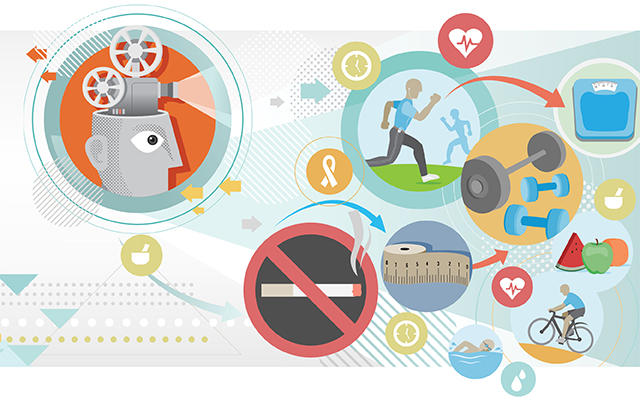Prosecuting those who possess illegal drugs has long been standard practice in the United States, but the skyrocketing rates of addiction and overdose in recent years suggest we need a different approach.
One substantially more humane and cost-effective strategy that some lawmakers are embracing is to reframe drug addiction as a matter of public health.
“It’s imperative that we change our culture so that people suffering from addiction aren’t stigmatized and isolated,” explains Anthony Johnson, co-chief petitioner of Measure 110, the 2020 ballot initiative that decriminalized recreational drugs in Oregon. “By treating them as criminals, you prevent them from coming forward.”
Research has consistently shown that incarceration doesn’t deter drug use or heal addiction. It also imposes substantial barriers to rehabilitation, including denial of federal benefits like student loans, and probationary terms that make it tough to find work.
And this hits hardest in communities of color. Black people and white people use illegal drugs at similar rates, but Black people are five to seven times as likely to be incarcerated for it.
This is one reason both decriminalization and legalization are gaining traction at the state and federal level. Six states passed drug reforms to legalize marijuana for medical or recreational use in 2020, bringing the total to 16 nationwide, plus Washington, D.C. Meanwhile, Oregon became the first to decriminalize the possession of all narcotics, including cocaine, heroin, and methamphetamine.
Decriminalizing drugs doesn’t make them legal, but it does allow possession to be treated as a civil rather than a criminal offense. Instead of serving jail time, people charged with possession pay a fine or agree to addiction-recovery treatment. Under Oregon’s Measure 110, these treatment centers are funded with tax revenue from recreational-marijuana sales as well as money previously used for drug enforcement.
This was excerpted from “The Future of Health” which was published in the July/August 2021 issue of Experience Life magazine.





This Post Has 0 Comments